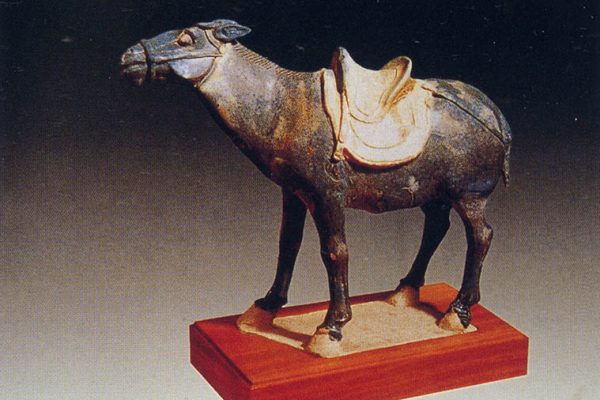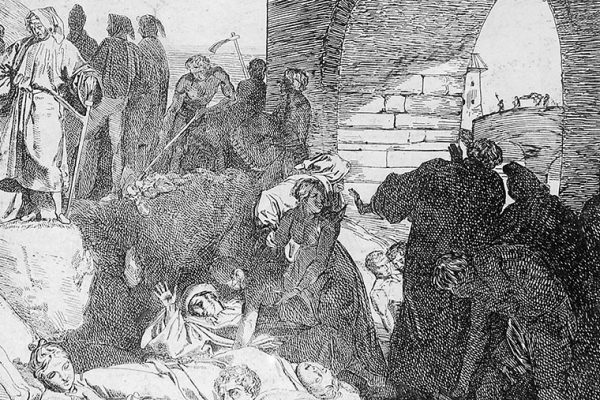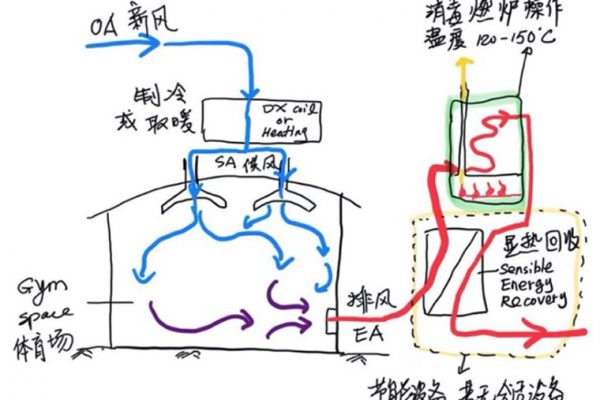Tang Dynasty noblewoman buried with her donkeys, for the love of polo
A noblewoman from Imperial China enjoyed playing polo on donkeys so much she had her steeds buried with her so she could keep doing it in the afterlife, archaeologists found. This discovery by a team that includes archaeologist Fiona Marshall at Washington University in St. Louis is published March 17 in the journal Antiquity.
Breast milk may help prevent sepsis in preemies
Researchers at Washington University School of Medicine and Mayo Clinic in Rochester, Minn., have found — in newborn mice — that a component of breast milk may help protect premature babies from developing life-threatening sepsis.
One change that could make American criminal justice fairer
Some reforms are easier than others. Creating a defender general is an unusually simple one, with the potential to provide large benefits for millions of people, given that it involves establishing only an office with two dozen employees.
A history of social distancing
Rebecca Messbarger, professor of Italian and founding director of the Medical Humanities program in Arts & Sciences, speaks on social distancing from medieval Florence to Progressive Era St. Louis.
COVID-19: Be a Part of Flattening the Curve
I recognize the inconvenience for some and the hardship for others to engage in social distancing. Let’s flatten the curve. Be the solution.
A Long-term Analysis of a Controversial GMO Crop
Cotton yields have not improved in 13 years and with the surging populations of both sucking pests and pink bollworms, Indian cotton farmers today spend much more on insecticides than before Bt was introduced. A lot more. And cotton farming is more capital-intensive than ever.
Long-term analysis shows GM cotton no match for insects in India
Genetically modified Bt cotton is the most widely planted cotton crop in India by acreage, and it is hugely controversial. Supporters long touted increased yields and reduced pesticides to justify its pickup. But that argument does not hold up under the first long-term study of Bt cotton impacts in India. The analysis is co-authored by a Washington University in St. Louis anthropologist in the journal Nature Plants.
Hematology society recognizes four School of Medicine researchers
Four early-career researchers at Washington University School of Medicine have been recognized by the American Society of Hematology for their dedication to the field of hematology. The awards provide financial support to fellows and junior faculty who have dedicated their careers to the study of blood disorders.
The architecture of virus transmission
The built environment often shapes the spread of disease. Many early cases of COVID-19, the 2019 novel coronavirus, centered on a seafood market in Wuhan City, China. Airports, hospitals and other gathering points can easily become sites of virus transmission. But as the world grapples with the COVID-19 outbreak, Hongxi Yin, associate professor in advanced building systems and architectural design at Washington University in St. Louis, is exploring whether using portable furnaces to sterilize contaminated building exhaust might help to stem the contagion.
Study links present-day xenophobia, political intolerance to Third Reich
It has been nearly 75 years since the end of World War II, yet its legacy of xenophobia, political intolerance and radical political parties continues to plague Germany and the rest of Europe. A new study from Washington University in St. Louis finds that living near former Nazi-era concentration camps is, in part, to blame.
View More Stories









